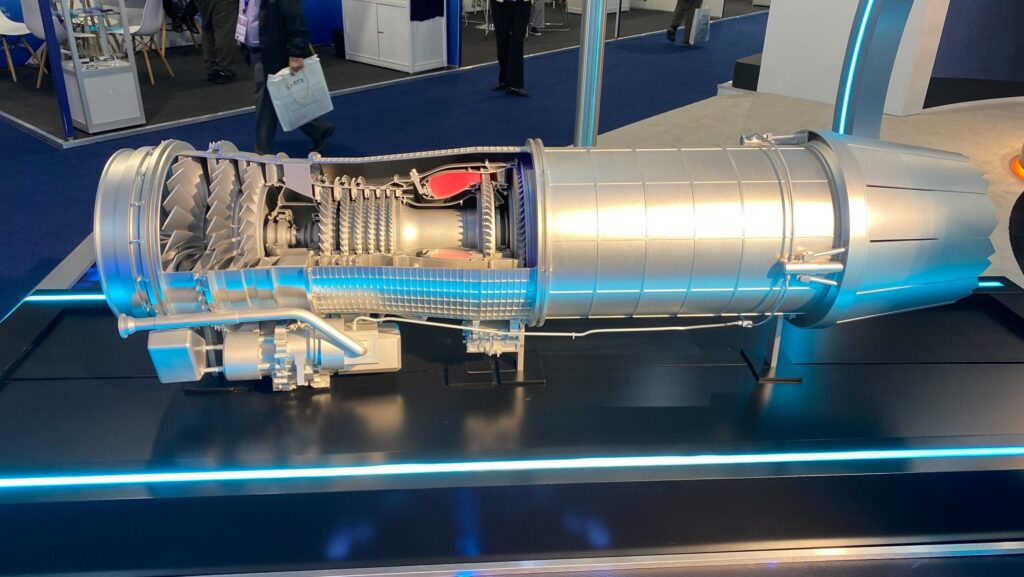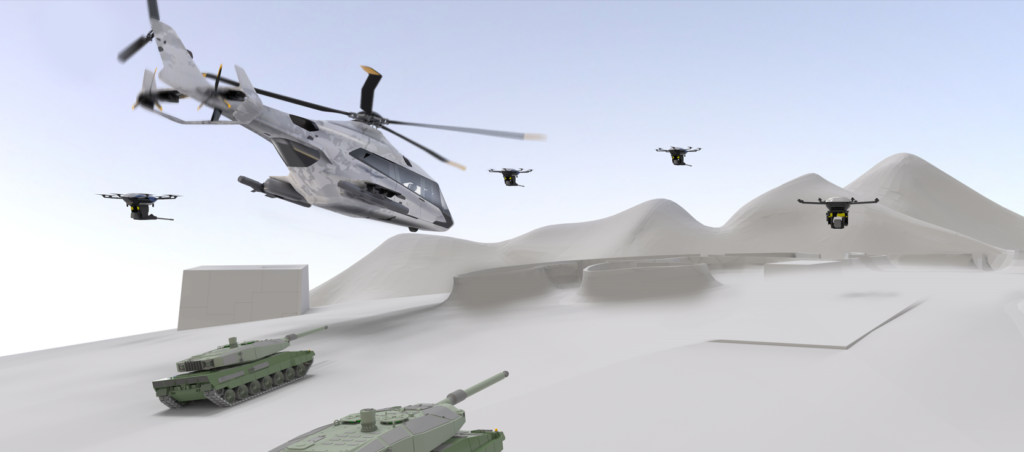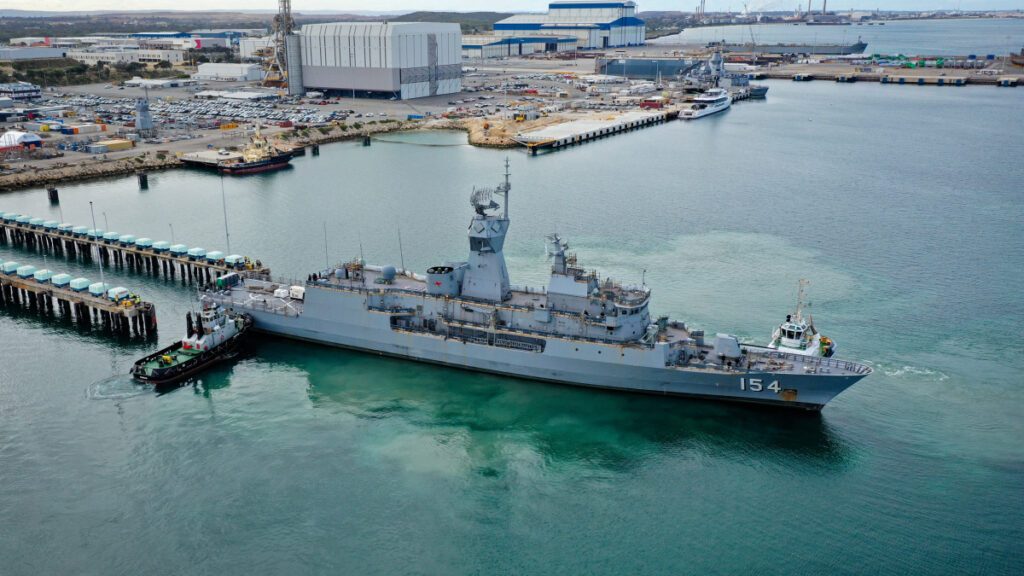Members of the German Armed Forces carry a Taurus weapon system during the International Aerospace Exhibition (ILA) in Schoenefeld on May 30, 2016. (TOBIAS SCHWARZ/AFP via Getty Images)
BELFAST — As pressure mounts on Germany to provide Taurus long-range precision missiles to Ukraine, analysts told Breaking Defense that Chancellor Olaf Scholz’s most recent argument against giving the weapon to Kyiv — namely the suggestion that German soldiers in Ukraine would be required to operate it — doesn’t fly.
“His [Scholz] argument that you would need German personnel on the ground, I don’t buy at all,” said Fabian Hoffmann, a missile expert at the University of Oslo in Norway. “I think there are many reasons to believe this is stupid. Taurus is a weapon system that was partially built for export purposes, so of course you need to enable other countries to use the system independently, they cannot rely on German soldiers.”
Scholz has resisted calls for transfer of the German-Swedish Taurus KEPD 350 cruise missiles for weeks, twice dodging questions on the issue at the Munich Security Conference last month. Then, on Monday, he made his stance clear at a conference hosted by the German News Agency DPA.
“We must at no point and in no place be linked to targets this [Taurus] system reaches,” he said, according to DPA. “This clarity is necessary. I am surprised that this doesn’t move some people, that they don’t even think about whether, as it were, a participation in the war could emerge from what we do.”
The matter took a new twist just a day later when German government spokesperson Steffen Hebestreit said during a news conference that he did not “see any contradiction” over Scholz inferring that German troops on the ground would be needed to program the weapon, in the same way that British and French forces are supposedly required so that Ukraine can operate Storm Shadow and SCALP missiles. The supposition that British forces were on the ground in Ukraine, or would be necessary for Kyiv to use Storm Shadow, was strongly denied by the UK. (No Western nation is known to have troops involved in fighting in Ukraine, though French President Emmanuel Macron caused an international stir suggesting that could change.)
“Scholz’s comments are wrong, irresponsible and a slap in the face to allies,” said Alicia Kearns, chair of the UK’s Foreign Affairs Committee, in a X (formerly Twitter) social media post Thursday. “Either we give Ukraine what it needs, or we will see more bloodshed and a complete failure of deterrence.” A western official said it was “inappropriate” for Scholz to “talk in that manner.”
The British and Western backlash aside, Taurus has already been exported to other countries, like South Korea and Spain. Back home, Germany received the last from an order of 600 units for integration on Tornado IDS (Interdiction/Strike) fighter jets in 2010. Berlin has subsequently tested the weapon on Eurofighter Typhoon fourth generation fighters. The weapon offers a range in excess of 500 kilometres and is designed to hit hardened targets like bunkers, bridges and command and control facilities.
“There’s no technical argument why you would need German soldiers” to operate Taurus in Ukraine, said Hoffmann. “It’s simply because the chancellor doesn’t want to give up final targeting authority … and does not trust the Ukrainians not to break any promises that might be attached in terms of political restraints or targeting restrictions, attached to deliveries. That’s why he would insist that German personnel are on the ground, which he believes would be a step too far.”
Tim Lawrenson, a European defense expert, agreed that there are “probably workarounds” to avoid German troops being deployed to support Taurus operations in Ukraine, such as first pre-programming the weapons outside of the country.
Fears that Ukraine could use donated weapons to strike into Russia and thus potentially escalate the conflict are not confined to Berlin. The argument was in part the cause of handwringing in Washington over the provision of several weapons systems that eventually were approved for Ukraine, from F-16 fighter jets to ATACMS long-range missiles. But concerns are especially pronounced in Germany, analysts said.
“Scholz has shown in multiple prior decisions that he is extremely cautious and deeply worried about the risk of escalation,” explained Lawrenson. “Germany is closer to Ukraine (and Russia), than either France or the UK and doesn’t have its own nuclear deterrent. Germany has also openly admitted its armed forces are in a very poor state, with equipment serviceability way below the theoretical levels that its inventories might suggest.”
Hoffman said some of the missiles themselves may be in a questionable state as well. He said that only 300 German Taurus missiles are operational because that collection went through a midlife upgrade in 2018.
“The other 300 are lying somewhere in bunker storage, and certification has elapsed, so they need to be recertified,” he explained.
A spokesperson for MBDA said that it “can’t provide any details beyond those” included in the 2010 company statement, announcing the 600th Taurus delivery to Germany.
Lawrenson added that German equipment problems will take “some years to fix” so “it may be Germany feels it is in no position to enter a conflict with Russia in the near term.”
Paul Lever, a former British ambassador to Germany, said that Scholz’s approach demonstrated he has a “blind spot” when considering decisions relating to “particular weapons systems that might be thought in some way to be aggressive or escalatory, only to be dragged along later when others have made deliveries” of similar equipment.
This will be my final comment on the Taurus issue, as I’m growing weary of repeating the same points.
Unfortunately, many in 🇩🇪 still view Taurus as optional, when in reality it is not. Without a replenishment of long-range strike weapons, 🇺🇦 will inevitably face depletion. 1/4 https://t.co/g5QNwyPTnf
— Fabian Hoffmann (@FRHoffmann1) February 27, 2024
“Germany’s approach to sharing key weapons systems technologies has been a continued policy challenge in recent months,” said Stuart Dee, research leader in defence at RAND Europe. “This is partly born out of teething issues in Germany’s rapid expansion of defence spending and its shift to the Zeitenwende [Turning Point] strategic position since 2022. It is also exacerbated by a coalition government arrangement which splits policy interest in defence export control between multiple ministers.”
Analysts agreed that even if Scholz does eventually decide to approve Taurus deliveries, the weapon will not by itself have a decisive impact on the course of the war.
“What it will do is extend the lifespan of Ukraine’s long-range strike arsenal, because, according to my estimates, Ukraine already has a usage rate of around 30 to 50 Storm Shadow and SCALP missiles per month, and I would expect they will be running really low at the end of this year,” explained Hoffmann. “Obviously that consumption rate can always drop further.”
Any such drop could have “near-fatal consequences” for Ukraine because Russian units and logistics supplies would be less vulnerable to attack, while Moscow could also redeploy air defenses closer to the frontline “making it more difficult for the Ukrainian Air Force to operate,” said Hoffman.
Lawrenson concluded similarly that Ukraine “is probably running out of” Storm Shadow, and that Taurus could fill that gap.
“Without it, or more Storm Shadow, there’s clearly a risk that Russia could conclude that Ukraine no longer has, hard target, deep strike capability, and move its stores and logistics closer to the front line, hence bolstering its offensive actions,” he said.
In spite of the widespread criticism Scholz has received regarding Taurus, Germany has gradually grown to become one of the most reliable military aid suppliers to Ukraine and is the largest donor outside of the US.
He said at the Munich Security Conference that, overall, Germany has “provided and planned” spending worth €28 billion ($30 billion) for Kyiv.
Last year, approximately €5 billion ($5.4 billion) was spent on weapons supplies alone by Berlin, following an outlay of €1.6 billion ($1.7 billion) in 2022, according to a government factsheet.



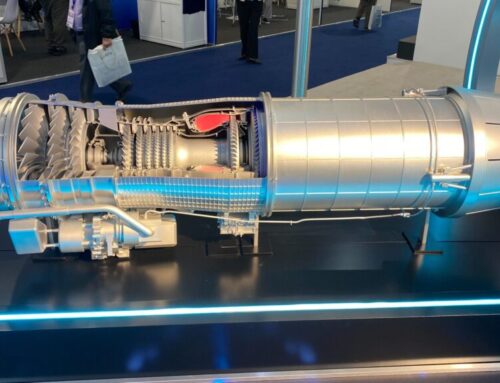
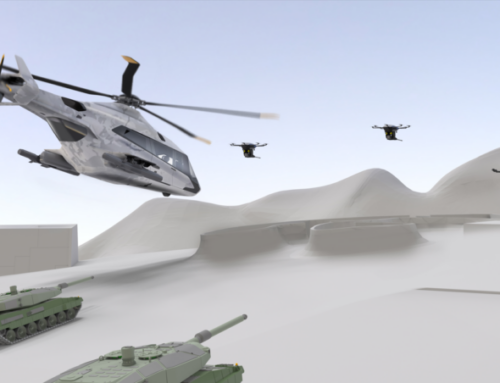
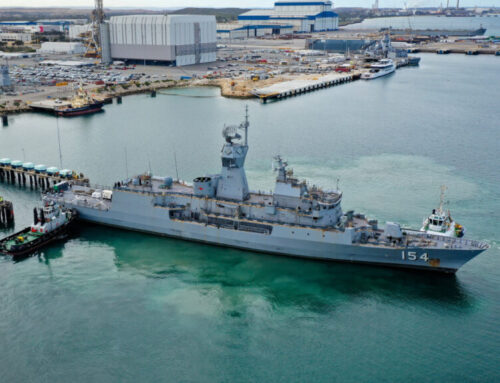
![The sights from the 2024 Farnborough Airshow [PHOTOS]](https://centurionpartnersgroup.com/wp-content/uploads/2024/07/IMG_8722-scaled-e1721930652747-1024x577-hZjwVb-500x383.jpeg)
